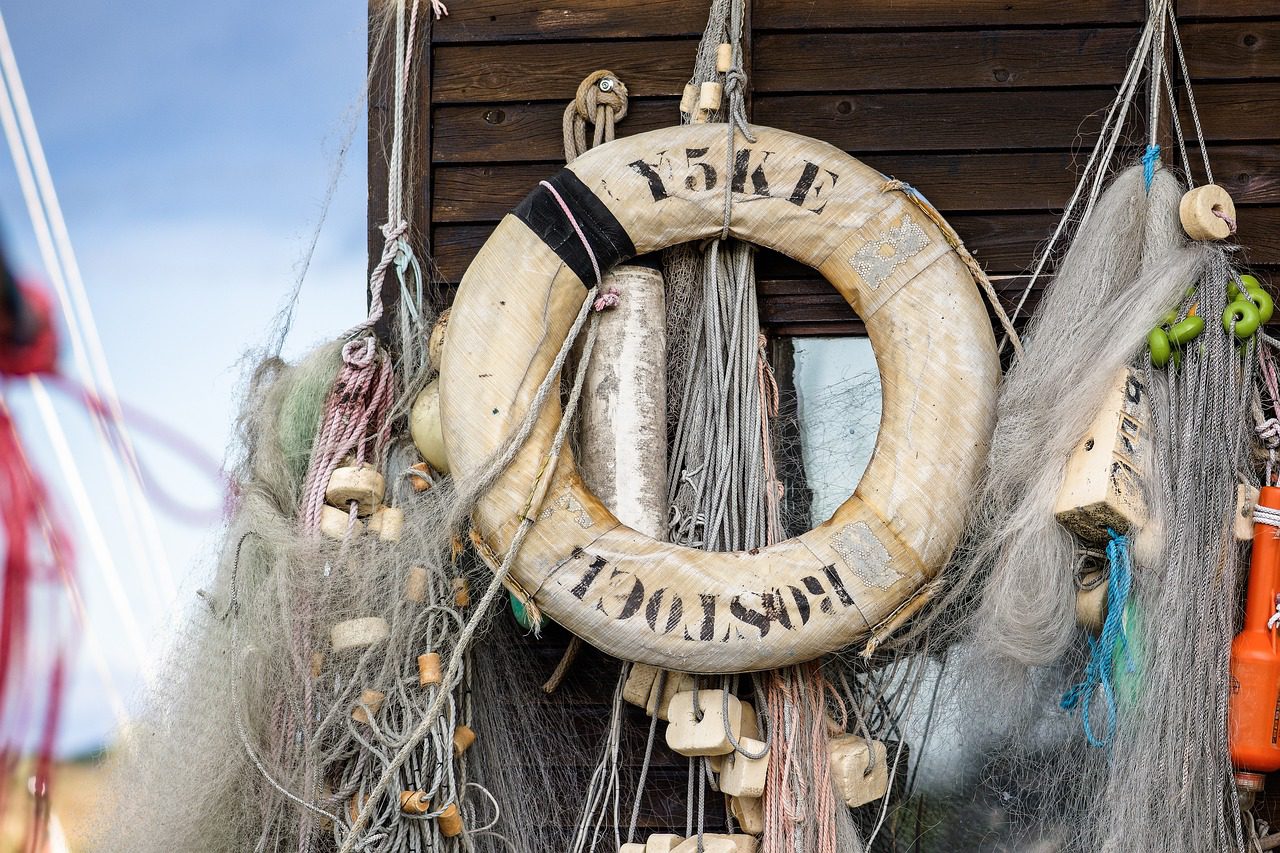
CBP Modifies Withhold Release Order on Yu Long No. 2
Agency will no longer detain imported seafood products harvested by Yu Long No. 2
WASHINGTON — U.S. Customs and Border Protection (CBP) modified the Withhold Release Order (WRO) issued on May 11, 2020 against imported seafood products made wholly or in part with seafood harvested by Yu Long No. 2, a Taiwanese flagged fishing vessel. Effective immediately, CBP will no longer detain shipments of seafood products harvested by Yu Long No. 2 at U.S. ports of entry provided the shipments are otherwise in compliance with U.S. law.
This is the agency’s first modification issued in 2024. CBP’s forced labor enforcement efforts have improved living and working conditions for tens of thousands of workers, including the repayment of more than $62 million in withheld wages and recruitment fees used to trap workers in debt bondage.
“Today’s modification of the withhold release order against Yu Long No. 2 is another victory for human rights and a sign that CBP’s forced labor enforcement is working,” said CBP Senior Official Performing the Duties of the Commissioner Troy A. Miller. “CBP will remain steadfast in its efforts to protect the rights of workers everywhere. We will not cease until every last worker trapped in conditions of forced labor is free.”
On May 11, 2020, CBP issued a WRO against imported merchandise made wholly or in part with seafood harvested by the Yu Long No. 2. CBP issued the WRO based on evidence reasonably indicating the presence of several International Labour Organization forced labor indicators within the vessel’s fishing operations.
Since the implementation of the WRO, Yu Long No. 2 has taken numerous actions to remediate forced labor indicators within its fishing process.
“Our vigilance in enforcing our trade laws is showing industry and the world that we are fully committed to combatting forced labor, whether these abuses are happening on the factory floor, in the fields, or onboard a ship” said AnnMarie R. Highsmith, Executive Assistant Commissioner of CBP’s Office of Trade. “We believe that every worker should be treated with respect and dignity.”
Title 19 U.S. Code § 1307 prohibits the importation of “[a]ll goods, wares, articles, and merchandise mined, produced, or manufactured wholly or in part in any foreign country by convict labor or/and forced labor, or/and indentured labor under penal sanctions[.]” When CBP has information reasonably indicating that goods made with forced labor are being or are likely to be imported, the agency will order personnel at U.S. ports of entry to detain shipments of those goods. Such shipments will be excluded and subject to seizure and forfeiture if the importer fails to demonstrate proof of admissibility in accordance with 19 C.F.R. §12.43 or, alternatively, exports the shipment.
CBP has established a process for interested parties to request modification or revocation of a WRO or Finding. The required evidence and timeline for modification or revocation may vary depending on the circumstances specific to each case. CBP does not modify WROs or Findings until the agency has evidence demonstrating that producers no longer produce, manufacture, or mine the subject merchandise using forced labor.
